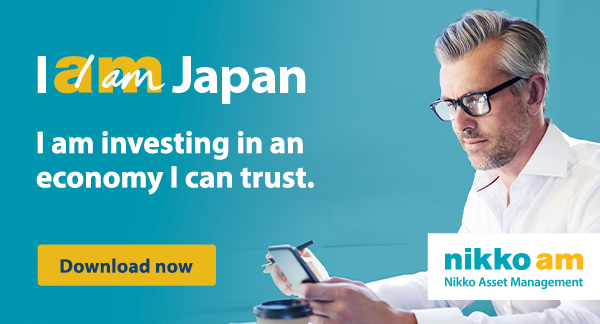Insights
Investment Insights by our experts and thought leaders
Seeing further across global travel
by , — 13 May, 2024
International tourism is predicted to bounce back to pre-pandemic levels by 2024, driven by the return of Chinese tourists, a new travel cohort stemming from developing nations and artificial intelligence. Taking our Future Quality lens to the travel industry, we share some example companies well-positioned to benefit from the positive tailwinds in global travel.
New Zealand Equity Monthly (April 2024)
by , — 10 May, 2024
New Zealand is seeing its first set of climate-related disclosures. Under this regime which began in January 2023, large organisations release "climate statements" about the potential impact of their operations on the climate and vice versa, according to standards set by the country’s External Reporting Board.
Navigating Japan Equities: Monthly Insights From Tokyo (May 2024)
by , — 10 May, 2024
This month we analyse why the influence of capex and wages on spending behaviour are key to gauging whether an inflationary mindset is taking hold among households; amid an adjustment by Japanese stocks from record highs, we also look for growth narratives to sustain a long term uptrend.
Global Equity Quarterly Q1 2024
by — 01 May, 2024
Dreams have a place in the world. However, in stock markets, cashflows often serve as gravity when share prices display dream-like behaviour. Fortunately, our Future Quality philosophy, coupled with our consistent process of reviewing the portfolio and ranking stocks, will help us separate dreams from reality. As a result, the portfolio is performing well, especially due to stock selection outside of AI and across all sectors.
Could ESG reporting rules spark an EU-US trade war?
by , — 30 April, 2024
The US presidential election in November continues to cast a long shadow, and as the race between the 45th (Donald Trump) and 46th (incumbent Joe Biden) presidents quickens, divisions have only widened. The investment world is no exception, and one particularly troubling battleground is the growing regulatory divide regarding ESG reporting.
BOJ stands pat on policy but paves way for future rate hikes
by , — 30 April, 2024
The Bank of Japan kept interest rates steady as expected while upping its CPI forecast, paving the way for future rate hikes. Any further hawkish stance by the BOJ may depend on the persistence of positive real wages and inflation's impact on consumer purchasing power.
Investing in Japan: an insider's perspective with Naomi Fink
by , — 24 April, 2024
Naomi Fink recently joined Nikko Asset Management as a Global Strategist based in Tokyo. We sat down with Naomi to discuss her personal relationship with Japan, and to hear her views on arguably the most talked-about investment region in the world at present.
Balancing Act-Monthly insights: Multi-Asset Team-April 2024
by — 23 April, 2024
Inflation uncertainty seems increasingly entrenched, which is less kind to developed market sovereign bonds. The US fiscal deficit is very large, and the Federal Reserve (Fed) is now in the challenging position of deciding when to cut rates. Energy remains a good hedge in this environment, and gold is increasingly being recognised as a store of value.
Harnessing Change - Monthly Insights: Asian Equity-March 2024
by — 19 April, 2024
The Chinese economy and its equity market continue to be significant focal points in broader Asia. Additional support measures, combined with a recalibration of market expectations, have helped Chinese equities recover from the panic selling witnessed towards the end of 2023 and into January. As a result, fundamental strengths are being recognised in certain areas.
On the Ground in Asia-Monthly Insights: Asian Fixed Income-March 2024
by — 17 April, 2024
We maintain a positive outlook for Asian local government bonds, particularly those from India, Indonesia and the Philippines. In our view, the disinflation trends in these countries should provide their central banks with the flexibility to shift towards rate cuts later in the year.















